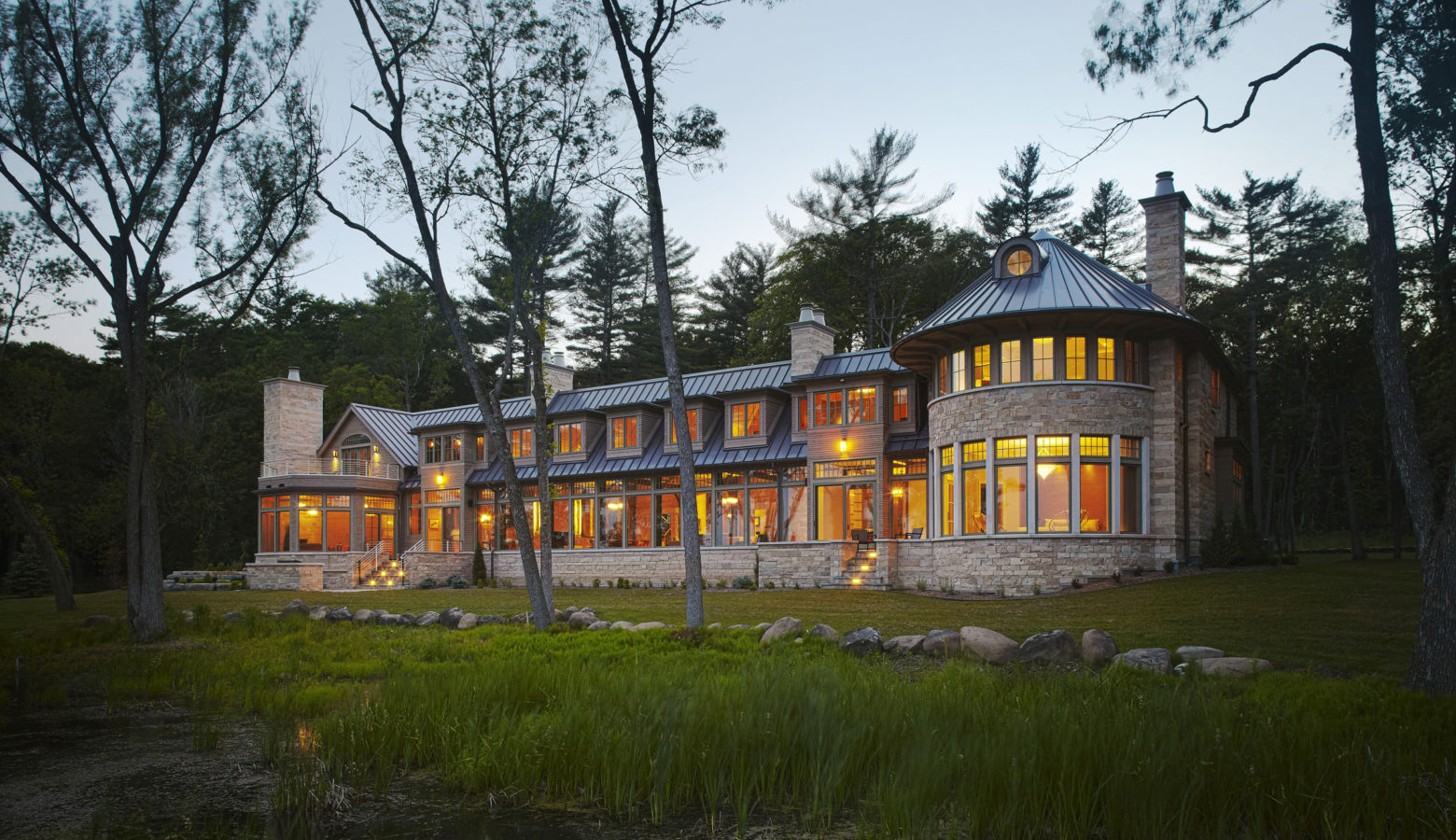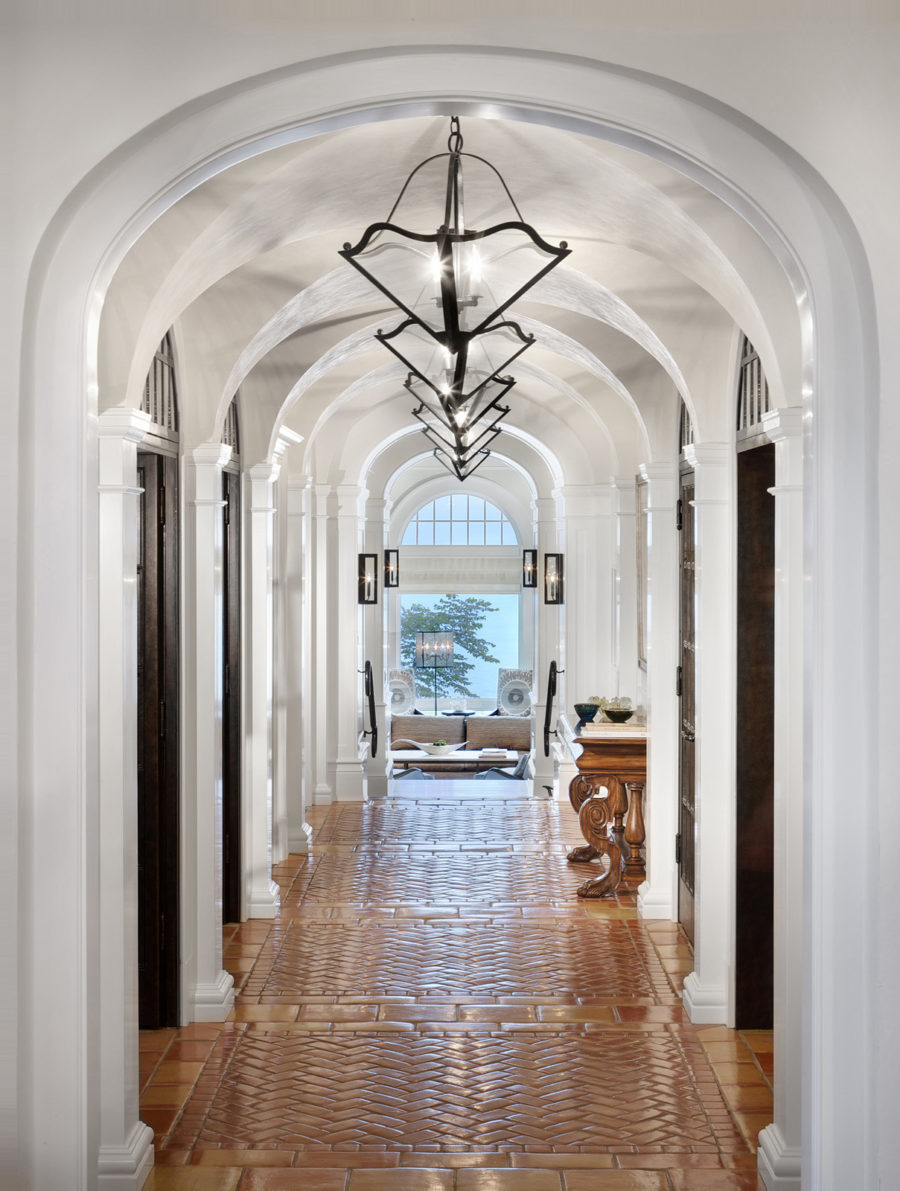A Residential Architect's View on How to Build a Successful Partnership with your General Contractor

Elissa Morgante, AIA
Founding Partner at Award Winning Chicago Architects, Morgante Wilson
Apr 1, 2014 - 5 min read

Regular readers of this blog know the premium Fred and I place on teamwork. A talented, experienced, well-orchestrated team is the surest route to a pleasant, enjoyable, and successful building or remodeling experience – for clients, and for all of us at Morgante Wilson Architects.
The general contractor is a key member of any project team. Without his or her knowledge, insight, and abilities, even the most well-organized home renovation or new home project won’t run as smoothly, efficiently, or cost-effectively as it otherwise could. As residential architects, we’re always impressed by clients who understand this. They’re the ones who actively work to enhance their relationship with the general contractor orchestrating their home building project. Read on for five easy ways you can do the same thing.
Say “thank you.”
Your general contractor works tirelessly to bring skilled craftsmen to your home renovation or new home site every day. Show your appreciation for their talents by saying thank you. Say it often, say it sincerely, and say it with food! The men and women hand-scraping your millwork, installing your mosaic tile backsplashes, and painting your cabinets on-site will appreciate you for dropping off donuts in the morning, having pizza delivered at lunch time, or swinging by with some cold refreshments at the end of a long Friday afternoon. Especially in terms of luxury housing, the people who are building your house are highly skilled. Show respect for their hard work, and they’ll show extra effort for you. It’s a simple – and highly effective – means to make everyone happy.
Make decisions before your contractor needs them.
Homeowners who are able to stay in front of their contractor in terms of decision- making virtually guarantee a smoother build. What do I mean by this? Here’s a common example: you may think your contractor won’t need your bathroom faucets for another eight months, so you defer making your final decision on which hardware you plan to purchase. Big mistake. The reason is this: even though the faucets themselves won’t be installed for a while, the valve for the bathtub, or the wall-mounted shower, will be installed fairly early during the construction phase. Wait too long to decide upon – and purchase – your hardware, and the window for hassle-free valve installation may c

Then try really hard not to change your mind.
It’s simple, sensible advice - and it bears repeating. If you can avoid making changes, you’ll save time, aggravation, and ultimately, money. A habit of firm decision-making will please both your architect and your contractor. And trust me - it’ll help you sleep better at night, knowing your project is progressing on time, without self-inflicted delays. Win, win, win.
Pay on time.
A key component of showing appreciation for the subcontractors working on your job is respecting your general contractor’s request for a payout. Do your due diligence with your bank and/or your architect to verify the work your contractor is asking to be paid for has already been performed, or is scheduled to be performed within the next two weeks. Then pay him or her on time. Note if you’re going through a title company, you must give the bank sufficient notice to turn the payment around, which can often take a week to ten business days.

Trust your team.
We’ve all heard the horror stories, but in our experience, those are very few and far between. If you’ve taken your architect’s advice and selected a general contractor with whom your architect has past experience and a positive working relationship, there’s nothing for you to worry about. The best possible outcome on any job will always be a team of people who respect one another and work well together. Once that team’s in place, it’s imperative you refrain from second guessing one over the other.
Generally speaking, design questions should always be directed to your residential architect or interior designer. Construction questions should go to your general contractor. Still, in our email-oriented world, it’s wise to make a habit of copying each member of your team so everyone is given an opportunity to provide input and stay up to date.
Want more information? Call us to schedule a consultation!